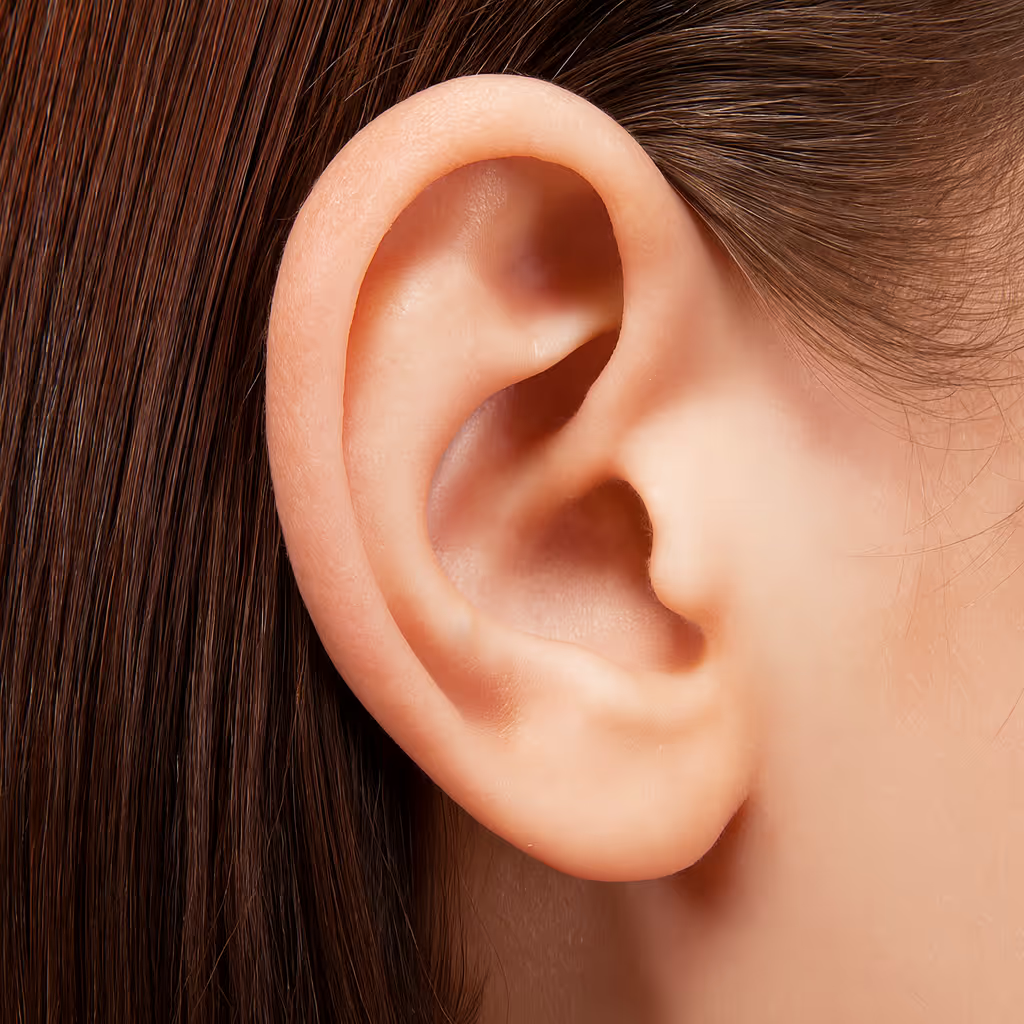The ear is the organ responsible for hearing and balance. Even minor disorders can have a major impact on well-being – from pain and hearing problems to dizziness. That is why careful evaluation is so important.

I combine modern diagnostics with individually tailored therapies – from medical treatment to microsurgical procedures. My priority is always to preserve or restore hearing and ensure the best possible quality of life.